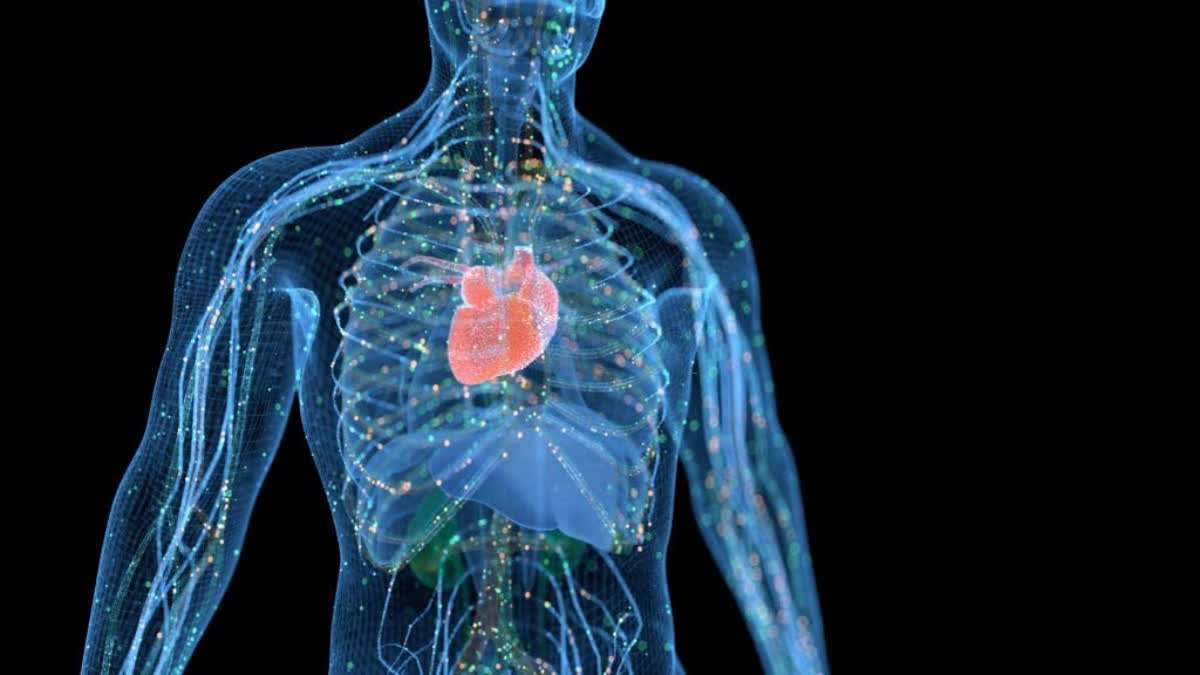London: Increased use of antibiotics in agriculture, to control infections and as growth promoters, may breed bacteria that is resistant to the immune system - human body's first line of defence, warned a study. Drug-resistant infections are one of the most serious threats to global health. In the study, the team from University of Oxford, used colistin, an antimicrobial peptide (AMP) produced by a bacterium (Bacillus polymyxa).
AMPs are compounds naturally produced by most living organisms, including animals, and have important roles in innate immunity, our first line of defence against bacterial infections. Colistin has become increasingly important as a 'last-line of defence' for treating infections caused by multidrug-resistant bacteria. However, extensive use of colistin in livestock production since the 1980s has driven the spread of E. coli bacteria carrying mobile colistin resistance (MCR) genes.
"AMPs have been advocated as a promising alternative to antibiotics for treating bacterial infections. Using AMPs in this way will lead to the evolution of AMP resistance in pathogenic bacteria," said lead researcher Professor Craig MacLean, Department of Biology, at University of Oxford.
"Our results provide strong evidence that we will need to properly assess the impacts of resistance to new therapeutic AMPs on bacterial virulence before they are used to treat patients. If not, we will run the risk of accidentally arming pathogenic bacteria against our own immune system," he added.
Also read: Problems with 'pruning' brain connections linked to teenage mental health disorders: Study
In this study, E. coli carrying an MCR gene (MCR-1) were exposed to AMPs known to play important roles in innate immunity in chickens, pigs, and humans. The bacteria were also tested for their susceptibility to human serum, which contains a complex cocktail of antimicrobial compounds, and for their ability to infect wax moth larvae (Galleria mellonella). The findings, published in the journal eLife, showed that on average, the MCR-1 gene increased resistance to host AMPs by 62 per cent, compared with bacteria lacking the gene. This increased resistance provided a strong selective advantage to the MCR-1 gene in the presence of AMPs.
Similarly, E. coli carrying MCR-1 were at least twice as resistant to being killed by human serum. E. coli carrying MCR-1 had increased virulence on wax moth larvae, compared with control strains lacking the gene. Larvae injected with MCR-1 E. coli showed an approximately 50 per cent reduced survival, compared with larvae injected with control E. coli.
The results demonstrate that use of bacterial AMPs in agriculture can generate broad cross-resistance to the human innate immune response. Researchers said that cross-resistance to human AMPs is likely to be widespread, given that AMPs tend to have similar cellular targets and physico-chemical properties. Pigs and chickens in agriculture are already known to act as important reservoirs of colistin-resistant E. coli. (IANS)
(This story has not been edited by ETV Bharat and is auto-generated from a syndicated feed.)



